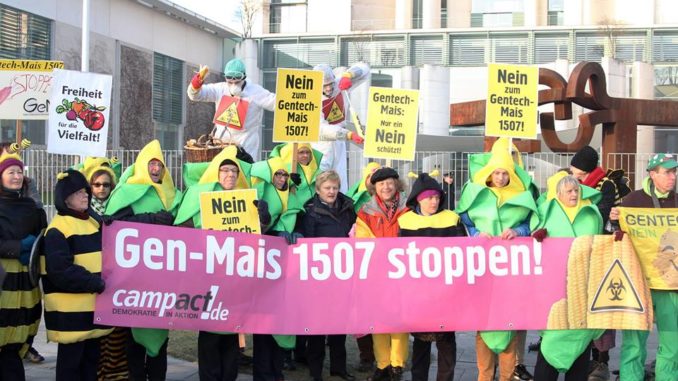
Will the Commission authorise controversial GM Maize 1507?
Nineteen European Member States voted against the GM 1507 Maize tabled by the European Commission. […]

Nineteen European Member States voted against the GM 1507 Maize tabled by the European Commission. […]
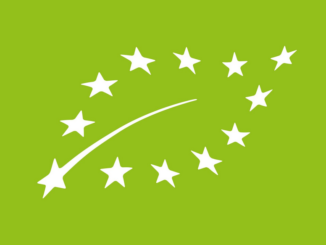
Is the path to hell paved with good intentions? Will a supposedly better regulation actually lead to a tiny or a more apt organic sector? […]
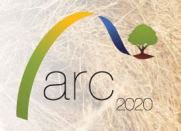
Dear friends and supporters, To say 2014 has been exciting and busy so far would be putting it lightly. We started January off with one of the biggest demonstrations in Germany in years! 30,000 of us – thousands of farmers, 70 tractors, concerned citizens of all ages in all sorts of costumes, and a clatter of marching bands – protested under the slogan ‘We are fed up!’ (or ‘Wir haben es satt!’ in German), demanding better food and agriculture and clearly stating that the industrialized food system is not the system we want. Seeing such a big turnout for this cause – up on last year – was extremely energizing and inspiring. We will need all this energy in the next few weeks, as we have just launched a campaign to save the Ecological Focus Areas – one of the last hopes of a greener CAP – from toxic pesticides. More on the demo and this new campaign below.Its also a big time at EU level for seeds: 11th February sees the Committee for Agriculture vote on the European Commission’s controversial proposal. Indications are that this could be good news […]

Today, citizens protested outside of the German chancellery ahead of next week’s European Commission vote on the matter. […]
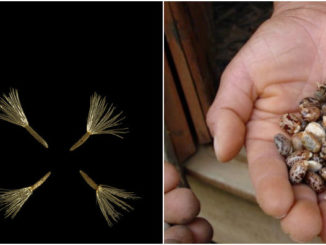
Farmers & growers have saved seeds since farming & growing began. Seeds are a core and essential part of many farming systems, and farmers’ ownership and control of seeds – seeds they save, open pollinated seeds, and an apt, varied range of seeds for both food security and food sovereignty – is one of the biggest agri-food issues of our times. Key Issues The nexus of the problem with how seeds operate in the food system is this: a small handful of agri-food and chemical giants have significant control of the ever tightening seed market. Meanwhile small farmers, gardeners and growers are finding it more and more difficult to save and access seeds. Current proposals at the EU level may compound this situation. These are also threats to seed saving, often under the guise of supposed improvements in efficiency, performance and safety. When legislation is written with the interests of the major corporations involved in seeds in mind, it inevitably ends up promoting a business-as-usual model of limited varieties, use of pesticides, GM and other agri-industrial inputs and […]

By Dr. Oliver Moore Communications Manager Arc20020 (major update June 2015; periodical updates since) In July 2013, the EU and U.S. started negotiations on a bilateral free trade and investment agreement, the Transatlantic Trade and Investment Partnership (TTIP). This potential deal is supposedly about simplifying the trade arrangements between the US and EU: it’s mooted to be about rooting out inefficiencies such as unnecessary double inspections and acknowledging similar standards where they exist. The idea is that it will increase trade between the two regions, improving the economy and generating employment along the way. Mainstream voices of politics and business support TTIP as a likely source of jobs and growth, without, they claim, impacting negatively on the EU’s higher health, environment, labour and other standards. Critics however, claim that this agreement could have a major negative impact on food, agriculture, environment and labour standards on both sides of the Atlantic. Video: What is the Transatlantic Trade Investment Partnership? By loading the video, you agree to YouTube’s privacy policy.Learn more Load video Always unblock YouTube As tariffs […]

Farmers and growers have saved seeds since farming and growing began. Seeds are a core and essential part of many farming systems, and farmers’ ownership and control of seeds – seeds they save, open pollinated seeds, and an apt, varied range of seeds for both food security and food sovereignty – is one of the biggest agri-food issues of our times. The nexus of the problem is this: a small handful of agri-food and chemical giants have significant control of the ever tightening seed market. Meanwhile small farmers, gardeners and growers are finding it more and more difficult to save and access seeds. These are also threats to seed saving, often under the guise of supposed improvements in efficiency, performance and safety. When legislation is written with the interests of the major corporations involved in seeds in mind, it inevitably ends up promoting a business-as-usual model of limited varieties, use of pesticides, GM and other agri-industrial inputs and processes. Organic and other alternative ways of dealing with seeds sometimes have different needs – e.g. organic […]
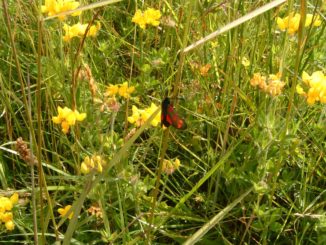
PAN, WWF, IFOAM, BirdLife, EEB & ARC2020 tell the Commission keep pesticides out of EFAs! […]
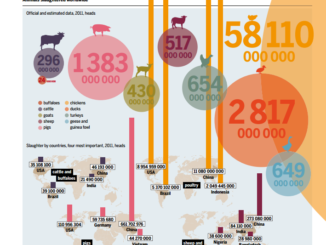
What are the consequences of a diet laden in meat and dairy products? […]
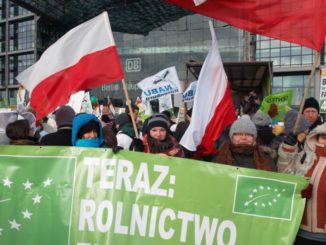
So much to look forward to, so much to do…. […]
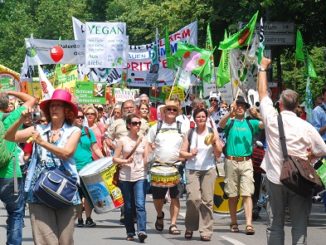
So what happened in 2013 in the world of better food, farming, rural communities and the environment? Let’s take look back and also froward to 2014. […]
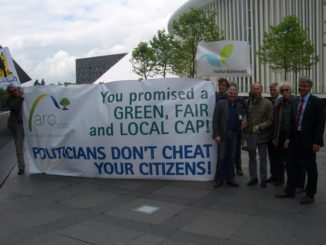
What’s the reality behind the rhetoric of the EU’s CAP and LIFE Program? […]
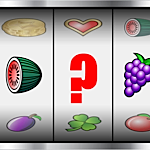
Food campaigners accuse five international banks of raking off more than two billion pounds […]

Dear friends and supporters,Shirin and Oliver here. We’re nicely settled in now into our roles, and really enjoying the challenge of keeping everyone up to date on European farming and food policy issues. The Arc2020 website is, hopefully, a little easier to use and more useful for you. We’ve added big buttons which feature our CAP and Rural Development Toolkit, agricultural campaigns across Europe, and our 2000m² project, as well as a live twitter feed. Why not pop over and have a fresh look? We look forward to hearing what you think. There’s a lot going on in agri-food politics and policy right now. Member States have been having consultations on the CAP reform process, which means they are closer to making important decisions that will effect farming, food and the environment across Europe. We’ll keep updating our toolkit and site as more information comes to hand: seehere for the latest from Spain, here for the latest from Germany, and see also what’s happening in Scotland and Ireland. The whole area of land grab to the east of the Continent has been a very hot topic on ARC2020 in recent […]
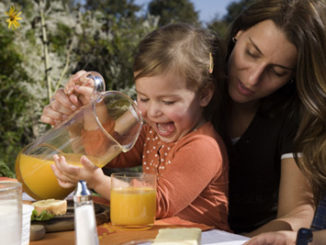
The European Commission is in the middle of developing a new Organic Regulation. What’s the process, and what does the organic movement think? […]
Agricultural and Rural Convention